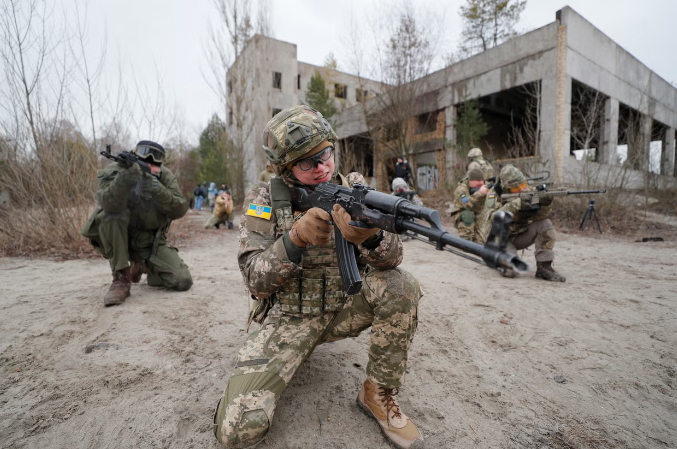While Economic Sanctions Replace Military Action, the West Shows Unified Stance on Ukraine
The policy of appeasement, famously invoked by Neville Chamberlain after his 1938 meeting with Hitler, has long been seen as a cautionary tale about dealing with aggressive dictators. Chamberlain’s ill-fated declaration of “peace for our time” has since become synonymous with failure and weakness. In contrast, today’s British leadership, alongside its allies, has adopted a more confrontational tone toward Russia, expressing a fierce determination to stand against Putin’s actions. While this rhetoric may seem belligerent, it reflects a unified stance, particularly between the UK and the US, in response to the unfolding crisis in Ukraine.
However, one critical difference exists: unlike during World War II, British and American troops are unlikely to be directly involved in defending Ukraine. Even as Russia moves forces into separatist regions like Donetsk and Luhansk, it appears that military intervention from the West is unlikely. Instead, economic sanctions will be the primary response, as announced by the UK Prime Minister. While these sanctions may hurt both Russia and the British public, they are seen as the most effective measure short of military engagement. The threat of a Russian invasion or bombing is not seen as an immediate concern, with the ongoing Covid crisis representing a more pressing risk to the UK population.

